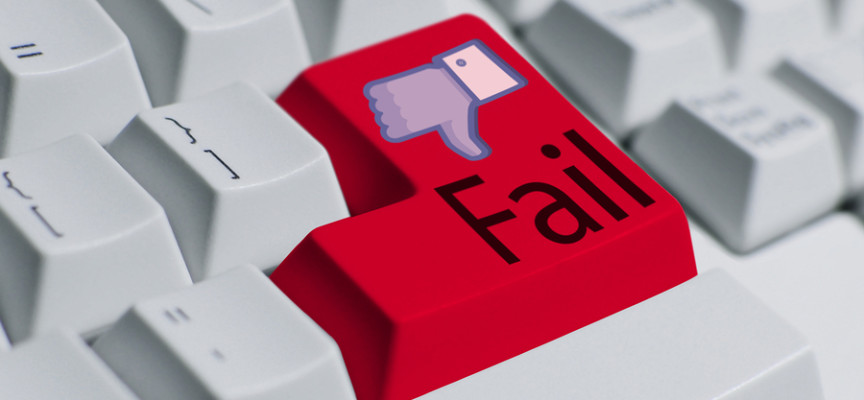He who controls the media, controls minds. This rightly quoted line by the iconic singer Jim Morrison is perhaps not given heed by our media persons and organizations, where sensationalism and high ratings become the sole objective. The battle to gain commercials has even deteriorated the moral values and media ethics of our newsmen. However, this impish trend can be eradicated if cognizance is propagated. Since the very inception of Pakistan, media remained in the shackles of military dictatorship. It was the era of Ayub Khan when black laws like P.P.O were enforced, in which journalists and editors were given press advice and their freedom of expression was snatched.
Similarly, the era of Bhutto and Zia could not use any substantive measures to intensify the role of the media. The respective tenures of Nawaz Sharif and Benazir Bhutto were of almost the same nature. Where state-owned media was used for private purposes, journalists and editors were bribed to write in favor of or against somebody. Though the military coup by General Pervez Musharraf was illegal and unconstitutional, it nevertheless brought some drastic changes and reforms in the media. The emergence of private electronic media transformed the entire landscape of Pakistan’s media. That sudden boom in this particular field gave birth to several officially licensed TV channels. Hence, the role of the media was much more intensified and became severely vital. That media was, of course, a corporate media, their aims, apart from providing news, to make money and run their respective organizations.
The objective to generate revenue distracted the attention of our media persons. The battle to get high ratings through sensitizing the news story and ultimately obtaining a huge amount of TV commercials have severely defocused our newsmen. Footage of very sensitive materials are at times used repeatedly to grab public attention. The case of Sarfaraz Shah, a young boy arrested on false charges of having a toy gun and snatching cell phones of the people, was shot dead by the Rangers. He was imploring for mercy, but he wasn’t shown any by the Ranger’s soldier. He was shot and the footage was telecast on all private channels. That was indeed a very sensitive clip, which should not have been on TV. But to catch the public interest, the media totally violated the Code of Ethics.
The traumatic incident at Swat, where a young girl was put to the merciless lashes of the Taliban–her horrible cries and screams made available for public viewing through the media. That clip must have been shown with parental guidance. But it would have discredited some organizations from taking credit for breaking news. Aren’t these footages depicting the darkest of aspects of our media? The newly emerged phenomenon of taking credit for the breaking news has further demoralized the character of our media. News is telecast without any authentic or reliable source, since it would provide the other channel an opportunity to take the credit for breaking news. This tendency must be discouraged in order to bring authentic and true information to the masses.
The role of the media is of utmost importance in Pakistan, since it shapes opinions, ideas and views. If the message is not properly propagated by the media, it can surely mislead masses and would not bring any constructive change. The quote by Morrison is good enough to show the significance of media. Therefore, our media persons and organizations must abide by the Code of Ethics and stick to the agenda of providing knowledge, news and entertainment.


No comments!
There are no comments yet, but you can be first to comment this article.